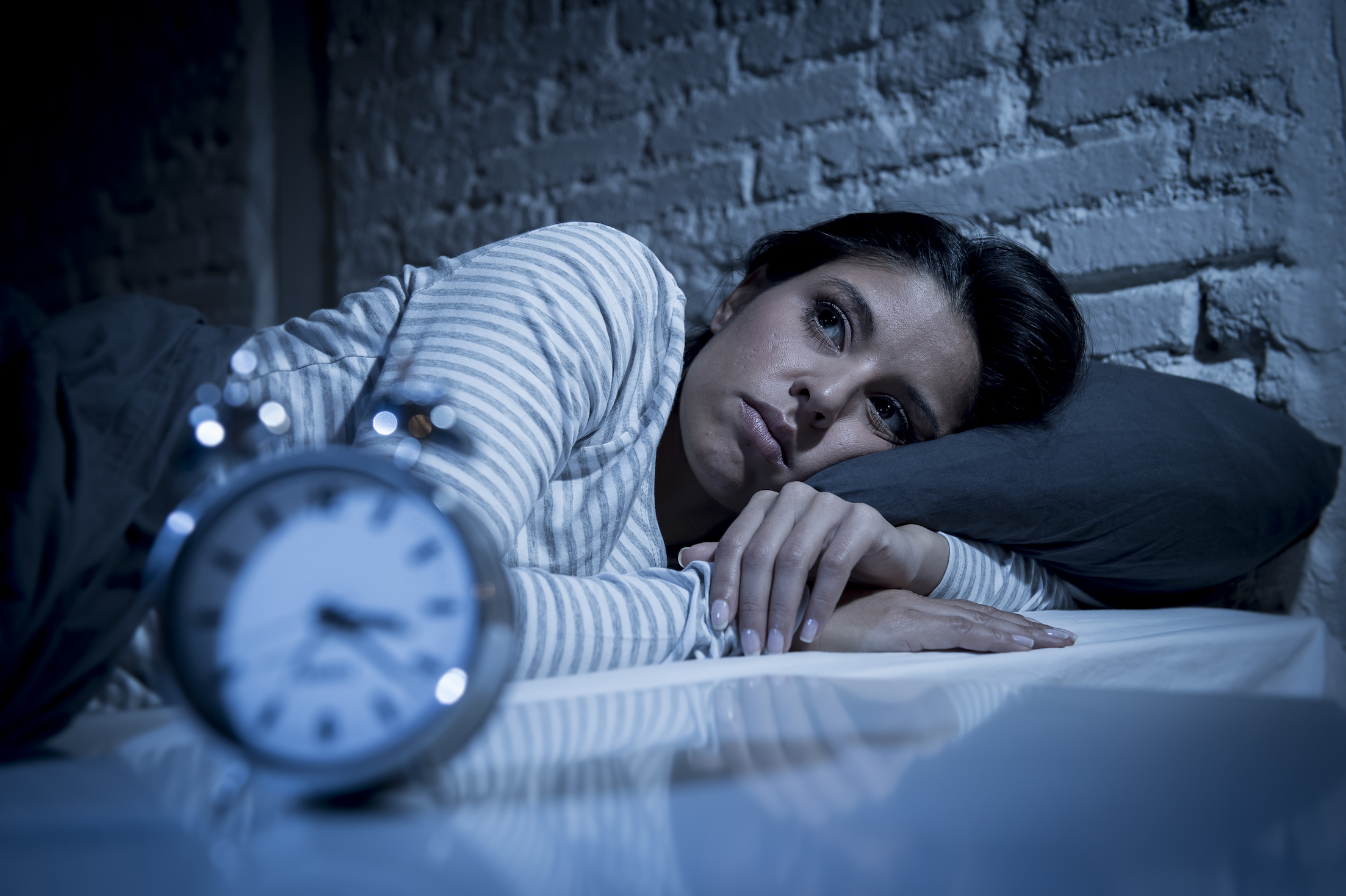
Ways to improve sleep
Healthy sleep habits can make a big difference in quality of life. However, many people suffer from sleep problems, unaware of methods that could improve their sleep. Instead of taking medications, undergoing a lifestyle change may do the trick.
Getting in sync with the body’s sleep-wake cycle is one of the most important strategies for improving sleep. Keeping a regular sleep-wake schedule will help regulate the body’s internal clock and optimize quality of sleep. Thus, it is best to avoid sleeping in—even on weekends. The more varied a sleep schedule is, the higher chance the sleeper will experience jet lag-like symptoms.
In addition, naps exceeding half an hour could lead to serious health conditions such as cardiovascular disease, diabetes, and metabolic syndrome. However, taking brief naps can reduce fatigue, increase alertness, and improve mood and cognitive performance.
Melatonin is a naturally occurring hormone controlled by light exposure that helps regulate the sleep-wake cycle. During the day, maximize exposure to sunlight, and, at night, avoid bright screens, which inhibit melatonin production. If screen use is inevitable, consider turning the brightness down or using light-altering software such as f.lux.
People who exercise regularly sleep better at night and feel less lethargic during the day. Regular exercise also improves the symptoms of insomnia and sleep apnea, and it increases the amount of time that one spends in the deep, restorative stages of sleep. However, it can take several months before an individual can experience the full sleep-promoting effects.
Lastly, the environment can be a major factor in quality of sleep. A bedroom should be designed to be comfortable and free from any noise and light. Consider using blackout curtains, eye masks, earplugs, white noise machines, humidifiers, fans, and other devices to provide or enhance comfort. In addition, most people sleep best in a slightly cool room (around 65°F) with adequate ventilation.
Consult a physician if the continuation of sleep problems arises. Recording sleep in a sleep diary prior to the appointment may help better evaluate common patterns and in determining a diagnosis or solution.